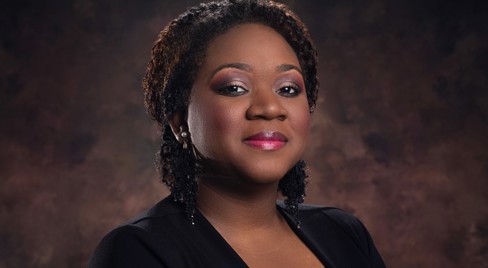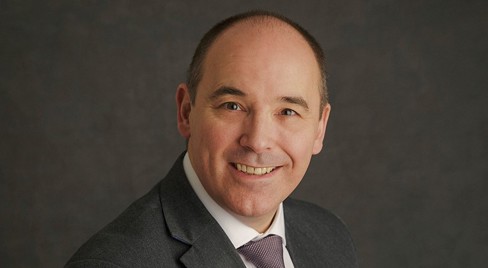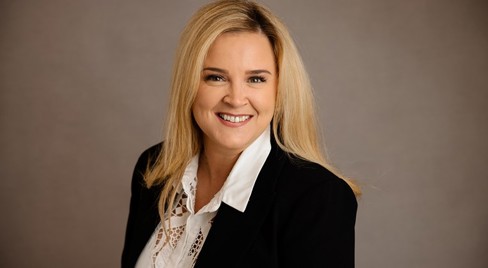HMRC has just announced a new 'Targeted R&D Advance Assurance' pilot launching in spring 2026. On paper, it sounds exactly what innovative companies need: clarity on your R&D tax credits claim before you submit it.
But here's what Finance Directors are really thinking: 'The current advance assurance scheme barely works, why would this be any different?'
The existing scheme shows under 1% uptake; just 80 companies applied in 2023-24 despite around 11,500 SMEs being eligible. The Chartered Institute of Taxation (CIOT) and Association of Taxation Technicians (ATT) have publicly called the scheme "underutilised."
Before we celebrate the new pilot, we need to ask the question: Can HMRC actually deliver meaningful pre-claim assurance, or will this pilot suffer the same fate as its predecessor?
What is HMRC's new Targeted R&D Advance Assurance pilot?
Budget 2025 announced that HMRC will pilot a targeted advance assurance service from spring 2026. This scheme is an evolution of the existing service designed to help small and medium-sized enterprises gain clarity on key aspects of their R&D tax relief claims before submitting to HMRC.
The concept isn't new. HMRC has been running an Advance Assurance scheme since 2015 for first-time SME claimants. In theory, advance assurance lets you get HMRC's view on whether your project qualifies for R&D tax relief before you file your claim. You submit details of your project, HMRC reviews it, and if they agree it qualifies, you can claim with confidence.
The new pilot promises to be "targeted", though HMRC hasn't yet specified which aspects of claims they'll review or how the application process will work. What we do know is that it's aimed at SMEs and will launch sometime in spring 2026.
Why has the current Advance Assurance scheme failed?
The data speaks for itself. Despite being an established service, only 80 companies applied for advance assurance in 2023-24. This is out of approximately 11,500 eligible first-time SME claimants. That's a take-up rate of well under 1%.
CIOT and ATT have both described the scheme as underutilised, and HMRC's own consultation acknowledges this problem. But why has uptake been so spectacularly low?
There are plenty of reasons that first time claimants may miss out on advance assurance. They may not view the effort as worth it, considering they have to duplicate the efforts to make the actual claim. There’s concern around inviting HMRC to scrutinise your work under a magnifying glass, instead of being one of thousands of claims that get submitted yearly. Of course, some first-time claimants simply don’t know that the service exists. And finally, companies need certainty, but they aren’t sure whether HMRC's view will actually hold up if they later open a compliance check into the claim.
And that's the fundamental issue. What good is "assurance" if it can be contradicted later by a different HMRC officer?
Who will provide this "assurance"?
This is where the real problem lies. Unless HMRC fundamentally changes how they assess R&D claims, the new pilot is set to fail for exactly the same reasons the current scheme has failed.
HMRC compliance officers are tax professionals. They understand Corporation Tax, they understand legislation, and they're excellent at what they do. But they're not software engineers, chemists, materials scientists, or process engineers.
Yet they're routinely expected to judge technological uncertainty in fields where they have no domain expertise. An officer with a background in tax compliance is being asked to assess whether a machine learning algorithm represents an advance in the field, or whether a new polymer formulation overcomes a technological obstacle.
Most critically, they very rarely obtain competent professional opinions. Even when assessing claims worth hundreds of thousands of pounds, HMRC officers typically make determinations without consulting qualified technical experts in the relevant field.
What happens during R&D enquiries
We see the consequences of this expertise gap play out during compliance checks and at tribunal. HMRC opens enquiries into R&D claims, challenges the technical aspects, but frequently does so without involving technical specialists.
At Appeal and Tribunal, the pattern is consistent: HMRC often turns up without an expert witness, while taxpayers bring qualified experts with relevant PhDs or decades of industry experience. Tribunal judges regularly comment that HMRC's position lacks a credible scientific or technological foundation.
One recent tribunal decision noted that HMRC's case rested entirely on the opinion of a compliance officer with no expertise in the software, while the taxpayer provided testimony from a data engineer with 25 years' experience. The tribunal found for the taxpayer.
For SMEs facing an HMRC enquiry, the cost is substantial:
- Professional fees for R&D tax advisers
- Legal representation if the dispute escalates
- Management time defending the claim instead of running the business
- Business disruption and stress over months or years
The credibility gap
This brings us to the central problem with the new pilot: If HMRC can't reliably assess technological uncertainty during compliance checks, and can't defend those assessments at Tribunal, how can they provide meaningful pre-claim assurance?
The answer is simple: they can't, unless the system changes fundamentally.
An advance assurance from an officer without technical expertise carries no weight if that same officer (or their colleague) can later open a compliance check and reach a different conclusion. And if HMRC can't defend their technical determinations at tribunal, what value does their "assurance" actually provide?
What would make the new pilot actually work?
We're not just here to criticise. For this pilot to have any credibility and actually help SMEs, HMRC would need to make several fundamental changes:
Embed real scientific and technological expertise. HMRC needs to bring qualified technical experts into the advance assurance process, not as an afterthought, but as standard practice. This is what tribunals expect during disputes; why not build it into the front end of the process? This would underpin any “assurance” HMRC could give and offer companies real confidence in their claim.
Better advertising and communication. Many companies aren’t considering the advance assurance service because they don’t know about it. Changes to the scheme are all well and good, but have no real effect if no one is using it.
Clear timelines and transparent criteria. Companies need to know what the pilot will and won't cover, how long the process takes, and what information they need to provide.
Without these changes, this new scheme will become exactly what the last one became: something that sounds great in principle, but simply doesn't deliver certainty or take-up in the real world.
What does this mean for your R&D tax credits claim?
Should you wait for the pilot? Probably not. Spring 2026 is over a year away, and there's no guarantee the pilot will be any more successful than the current scheme. More importantly, there's no guarantee your project will even be eligible for the pilot; we don't yet know which "key aspects" HMRC will review or which types of claims they'll accept.
Importantly, the existing advance assurance scheme is still available. If you’re uncertain and want HMRC’s approval before making a claim, you don’t need to wait for the pilot.
Key takeaways
- HMRC's new R&D Advance Assurance pilot launches spring 2026 for SMEs
- The existing scheme has under 1% uptake (80 companies from ~11,500 eligible)
- Success depends entirely on whether HMRC embeds genuine technical expertise
- Without qualified technical assessors, confidence in any review will fail
The bottom line
HMRC's new pilot could be genuinely useful, if they address the fundamental expertise gap that undermined the original scheme. Until then, the best protection for your R&D tax credit claim remains thorough documentation, clear technical justification, and working with advisers who understand the legislation.
If you'd like to discuss how these changes might affect your R&D tax relief strategy, get in touch with our team.







